"Mainstream medicine doesn't have all the answers," says Anne Simons, M.D. "Good research shows that for many conditions, alternative therapies and natural cure can help. When I have a cold, I often take echinacea because several studies show that it's an antiviral immune stimulant. I think doctors should prescribe whatever works best and cures the condition. If what works best is a safe alternative treatment, it's fine with me."
An estimated 80 percent of the world's population still relies on natural herbs to treat, prevent and cure diseases. In Europe, where physicians of conventional medicine have access to the same high-tech treatments that are available in the United States, patients routinely receive "prescriptions" for natural herbs instead of mainstream pharmaceuticals. In the United States, an estimated 25 percent of pharmaceuticals continue to be derived from natural plant sources.
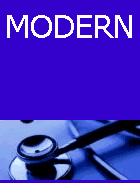
Scientists around the world depend on natural herbs in developing more potent medicine. Not long ago, experiments with the Pacific yew tree yielded an extract called taxol, which showed effectiveness against advanced breast and ovarian cancer, disease that didn't respond to standard chemotherapy drugs. Today, yew-derived drugs (sold under the brand names Paclitaxel and Taxotere) have become standard treatments to cure breast and ovarian cancers.
From "Alternative" To "Complementary" The Blended Medicine
Of course, many mainstream and conventional physicians are still leery of alternative medicine or natural medicine- and some still call them worthless. But many more have come to realize that their brand of medicine doesn't have a monopoly on the cure and healing and that alternative approaches often are quite valuable. Today's medical rallying cry is "Whatever works best," and many of those promoting blended medicine and holistic medicine have dropped the term altemative in favor of the term complementary. "Complementary says that the therapy do not replace mainstream medicine," Dr Brauer explains. "Rather, they complete it, expanding it to include areas it has undervalued or overlooked - diet, exercise, traditional healing arts, home remedy, natural cure and mind-body therapy." This approach is also known as holistic medicine.
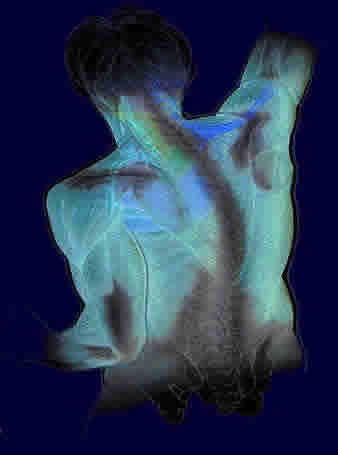 Holistic approach in treating the pain associated with Fibromyalgia,
Holistic approach in treating the pain associated with Fibromyalgia, 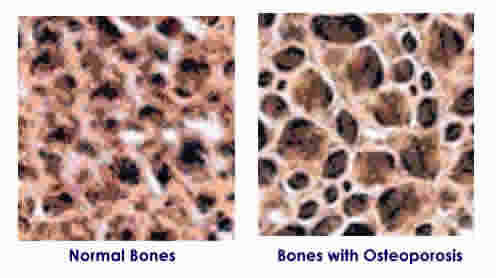 Osteoporaosis treatment by blending natural remedies, herbs, exercise theraphy and medicines
Osteoporaosis treatment by blending natural remedies, herbs, exercise theraphy and medicines 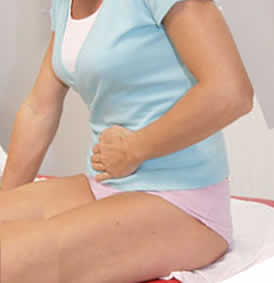 Constipation is the infrequent, often uncomfortable bowel movement g
Constipation is the infrequent, often uncomfortable bowel movement g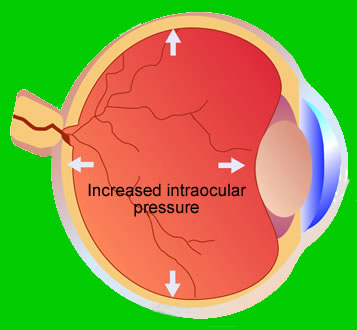 Glaucoma is the build up of pressure in eye and if untreated may cause blindness
Glaucoma is the build up of pressure in eye and if untreated may cause blindness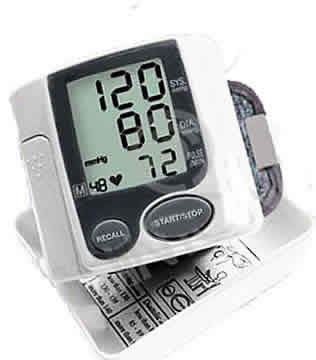 High blod pressure is now the most common medical condition in our societyt
High blod pressure is now the most common medical condition in our societyt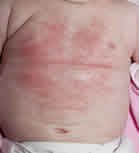 Are you one of those that suffers from allergy to almost anything?
Are you one of those that suffers from allergy to almost anything? Acai Berry, a potent herb from Amazon that packs a strong dose of antioxidants
Acai Berry, a potent herb from Amazon that packs a strong dose of antioxidants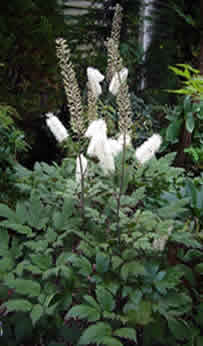 Black cohosh an herb of many uses. Step aside gents, this one is for the ladies.
Black cohosh an herb of many uses. Step aside gents, this one is for the ladies. 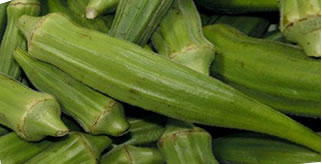 Okra, a vegetable with many health benefits.
Okra, a vegetable with many health benefits.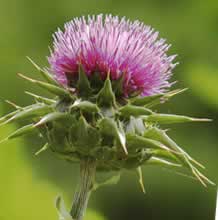 Milk thistle still tops as the best protective herb for the liver.
Milk thistle still tops as the best protective herb for the liver.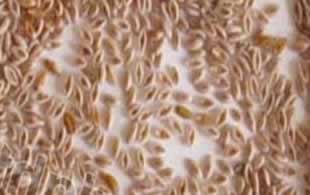 Psylium herb is one of the best source of fiber that is most needed by the body to regulate stomach activity.
Psylium herb is one of the best source of fiber that is most needed by the body to regulate stomach activity. Are you one of those that suffers from allergy to almost anything?
Are you one of those that suffers from allergy to almost anything? Silymarin extract still tops in liver protection
Silymarin extract still tops in liver protection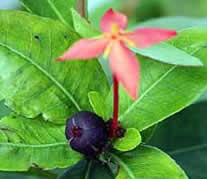 Santan Flower has wound healing properties
Santan Flower has wound healing properties 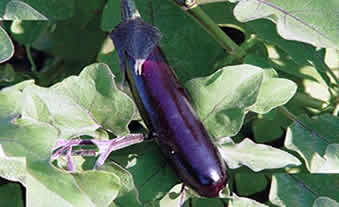 Antioxidant properties from Talong
Antioxidant properties from Talong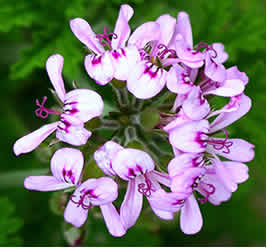 Malvarosa Plant found to have antioxidant properties
Malvarosa Plant found to have antioxidant properties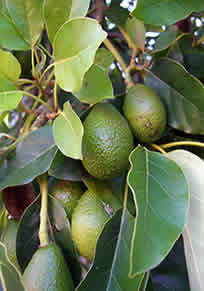 Anti-cancer properties of Avocado fruit
Anti-cancer properties of Avocado fruit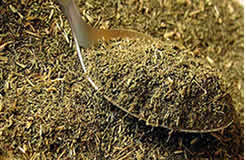 Stevia use can cause cancer, studies suggests
Stevia use can cause cancer, studies suggestsArticle last reviewed: Alexiz Malelo / 10.15.2016